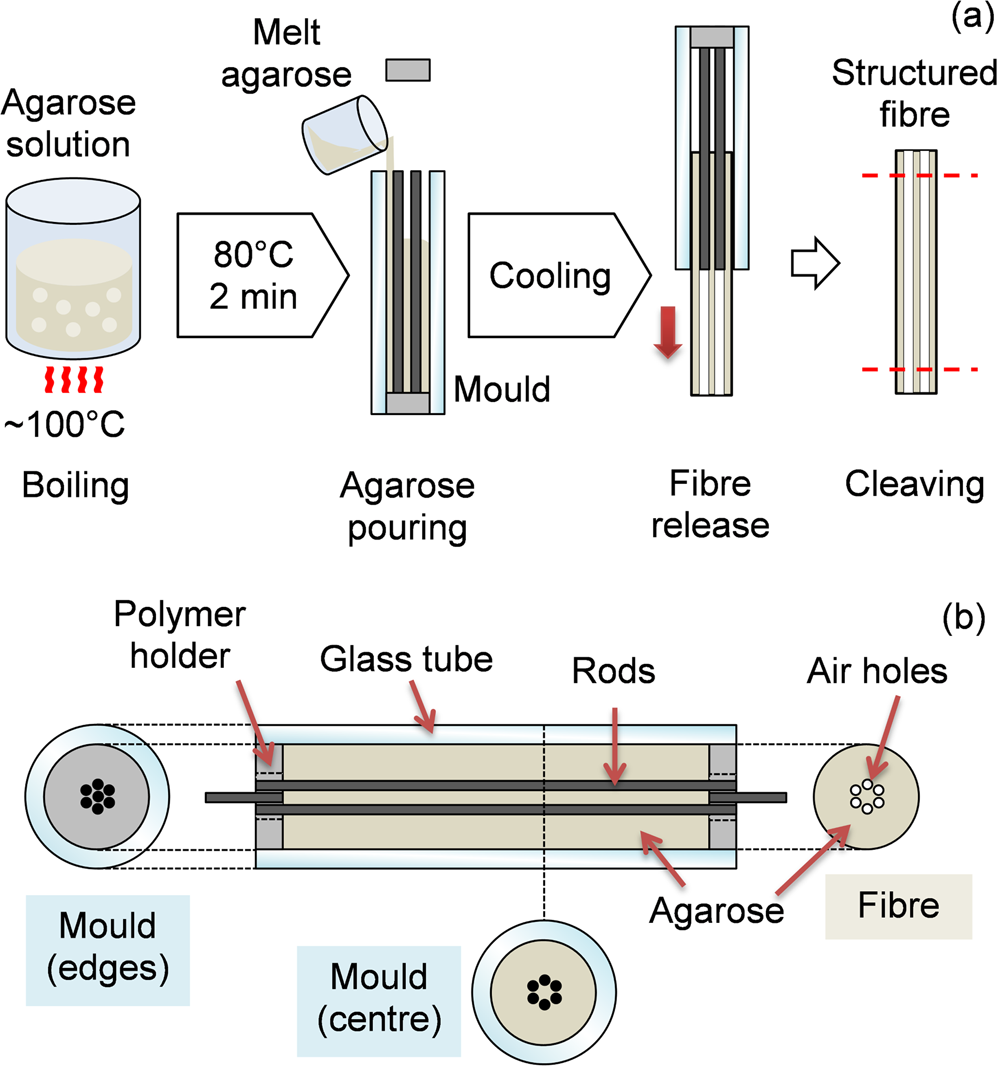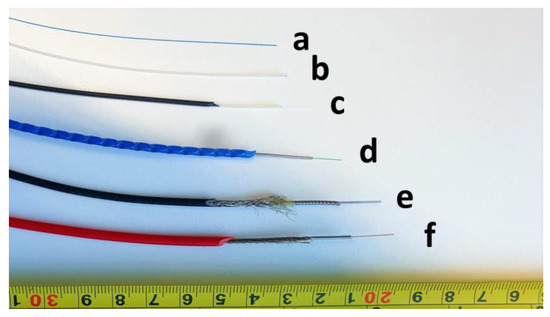Maximize Your Fiber Optic Efficiency: Comprehending Optical Fiber Diameter Analyser Innovation
The efficiency of fibre optic systems is seriously influenced by the precision of their size, a variable commonly neglected in the search of optimal signal stability. Understanding the modern technology behind optical fibre size analysers reveals the detailed balance in between measurement precision and production top quality.
Significance of Optical Fibre Size
The diameter of optical fibre plays a critical role in establishing the performance and efficiency of interaction systems. Alternatively, smaller sized diameters have a tendency to support less modes, which can improve signal clarity and decrease crosstalk.
Furthermore, comprehending the diameter's effects can bring about set you back savings by decreasing the need for signal boosting and repeaters in substantial networks (optical fibre diameter analyser). To conclude, the significance of optical fiber size can not be overstated, as it straight influences the general effectiveness and integrity of contemporary communication systems

Exactly How Diameter Affects Signal Quality
Signal high quality in optical fiber systems hinges considerably on the diameter of the fibre. A smaller sized diameter can lead to greater attenuation prices, resulting in signal loss as light travels with the fiber.
Conversely, bigger diameters normally permit enhanced light capture and lowered modal dispersion, improving signal clarity. In multimode fibres, a bigger core size can support several light settings, but it may additionally introduce intermodal diffusion, which can deteriorate signal quality. Selecting the optimal fibre diameter is critical for achieving the desired performance in certain applications.
Furthermore, the interaction in between the fibre size and the wavelength of the light used plays a crucial duty in identifying the effective transmission range and total signal stability. Because of this, understanding just how fibre size influences signal high quality is important for network designers and designers aiming to enhance optical fibre systems for reliable, high-speed information transmission.
Introduction of Diameter Analyser Technology
In many optical fiber manufacturing procedures, accurate measurement of fiber diameter is crucial for making sure consistent efficiency and high quality (optical fibre diameter analyser). Diameter analysers are innovative instruments designed to evaluate the physical dimensions of optical fibers with high precision. They use advanced optical and laser technologies to determine the size, ovality, and concentricity of the fiber, hence offering important information for quality control
These analysers can operate in-line during the production procedure or as component of off-line screening methods. In-line systems enable real-time monitoring, enabling suppliers to readjust criteria instantly, thus preserving ideal manufacturing problems. Off-line analysers, on the other hand, supply thorough assessments of sets, making sure that any deviations from specified tolerances are recognized and addressed.
Diameter analysers significantly contribute to the reduction of defects in optical fibres, enhancing overall product integrity. By continually gauging vital criteria, these modern technologies promote conformity with market requirements and specs. As the need for high-performance optical fibers remains to rise, the role of diameter analysers comes to be significantly vital in attaining the wanted high quality and performance requirements in fibre optic systems.
Trick Attributes of Fiber Size Analysers
Although various designs of fibre diameter analysers exist, they typically share several key features that enhance their functionality and integrity. Among one of the most substantial attributes is high-resolution dimension abilities, which make sure exact size readings, important for keeping quality assurance in fibre production. Additionally, numerous analysers incorporate advanced optical sensing units created to detect minute variants in fibre diameter, therefore offering indispensable information for process optimization.
An additional crucial feature is real-time tracking, permitting operators to obtain immediate responses on fibre size throughout the production process (optical fibre diameter analyser). This capacity helps with quick modifications and lowers the possibility of defects. Lots of analysers additionally come geared up with straightforward interfaces, making it possible for operators to quickly browse via settings and data outcomes
Moreover, robust data storage space and analysis performances are crucial for tracking historical performance fads and guaranteeing conformity with more sector standards. Some designs also offer connectivity choices for assimilation into existing manufacturing control systems, improving total functional efficiency. Finally, portable and mobile layouts permit flexible implementation within manufacturing settings, making certain that quality assurance procedures are smooth and reliable. These features jointly add to the efficacy of fibre size analysers in enhancing fibre optic performance.
Ideal Practices for Fiber Optimization

First, normal calibration of optical fibre diameter analysers is essential. This makes certain exact dimensions and decreases possible discrepancies that might influence performance. Next off, preserving a clean working setting is crucial; dust and contaminants can cause signal destruction.
Furthermore, it is very important to pick fibres that meet details application demands. This entails examining factors such as depletion, bandwidth, and ecological conditions. Correct installation strategies should likewise be stuck to, including staying clear of sharp bends and excessive stress, which can compromise fibre integrity.
In addition, utilizing innovative monitoring systems can assist in real-time performance evaluations, making it possible for timely recognition of problems. Regular testing and upkeep ought to be conducted to make certain that fibres stay within optimal operational specifications.
Lastly, training employees on the most current fibre optimization modern technologies and techniques will certainly boost their capability to implement efficient techniques. By following these finest techniques, companies can substantially enhance the performance and life-span of their optical fiber systems, guaranteeing effective interaction and information transfer.
Verdict
In verdict, the assimilation of optical fibre size analyser innovation is important for optimizing fiber optic performance. By making certain specific measurements of fibre measurements, these analysers substantially improve signal quality and lower losses throughout data transmission.
Signal quality in optical fibre systems hinges substantially on the diameter of the fiber.In click to find out more several optical fibre manufacturing processes, accurate dimension of fiber diameter is crucial for making sure constant performance and high quality. As the demand for high-performance optical fibres proceeds to rise, the duty of diameter analysers becomes significantly crucial in accomplishing the desired quality and efficiency requirements in fibre optic systems.
These attributes jointly contribute to the effectiveness of fibre diameter analysers in optimizing fiber optic performance.
In final thought, the integration of optical fibre size analyser technology is important for taking full advantage of fiber optic efficiency.